Life
Sign up for our newsletter
We summarize the week's scientific breakthroughs every Thursday.
-
 Anthropology
AnthropologyFootprints offer clues about daily hominid life
Early male members of the human genus spent a lot of time together by the water, as their footprints attest.
By Bruce Bower -
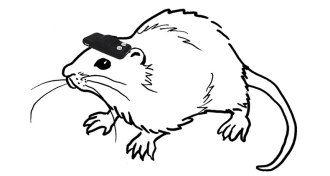 Neuroscience
NeuroscienceRats can navigate mazes, even when blind
Blind rats can learn to navigate with a compass and microchip prosthetic wired into their brains. Similar devices may one day help humans have super senses.
-
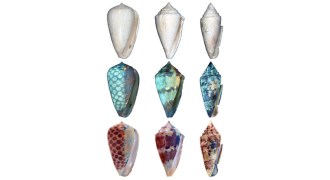 Animals
AnimalsFossilized seashells’ true colors revealed
To the naked eye, fossilized seashells lack the colorful patterns of their living counterparts. But ultraviolet light can reveal some of their unique hues.
-
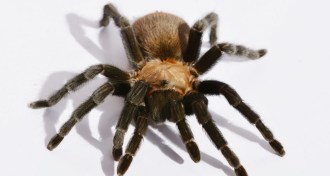 Animals
AnimalsHeat makes scuttling tarantulas less coordinated
On hot days, tarantula run faster, but their may be harder to bend and flex at high speeds, researchers find.
-
 Health & Medicine
Health & MedicineA more accurate prenatal test to predict Down syndrome
A test to detect genetic problems such as Down syndrome examines a baby’s DNA in the mother’s blood and may limit the need for more invasive screening.
-
 Animals
AnimalsHow human activities may be creating coywolves
Endangered red wolves will mate with coyotes when their partners are killed, which often happens because of human activities, a new study finds.
-
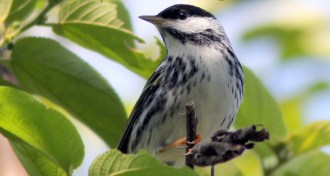 Animals
AnimalsSongbird crosses the Atlantic in a nonstop flight
Using light-sensing geolocators, researchers confirm an iconic songbird’s impressive transoceanic migration.
-
 Microbes
MicrobesSome superbugs lurk in Britain’s surf
In Great Britain’s coastal waters, surfers and swimmers are exposed to low levels of drug-resistant E. coli, a new study finds.
-
 Humans
HumansEgg-meet-sperm moments are equal opportunities for girls and boys
Despite previous claims, equal numbers of male and female embryos are conceived, new data suggest.
-
 Environment
EnvironmentFracking chemicals can alter mouse development
Hormone-disrupting chemicals used in fracking fluid cause developmental changes in mice, new experiments show.
By Beth Mole -
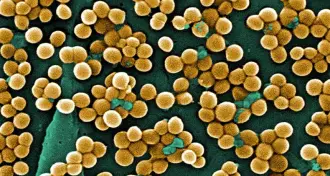 Science & Society
Science & SocietyWhite House unveils strategy against antibiotic resistance
The Obama Administration has launched a long-term plan to curb antibiotic resistance, unveiling incentives and requirements designed to boost surveillance and diagnosis of resistant microbes.
By Nathan Seppa -
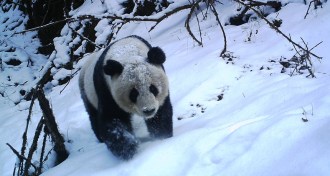 Animals
AnimalsPanda stalking reveals panda hangouts
Scientists used GPS trackers to learn about the giant panda lifestyle.